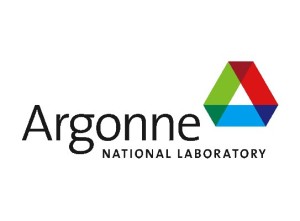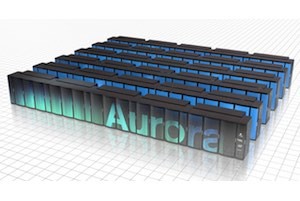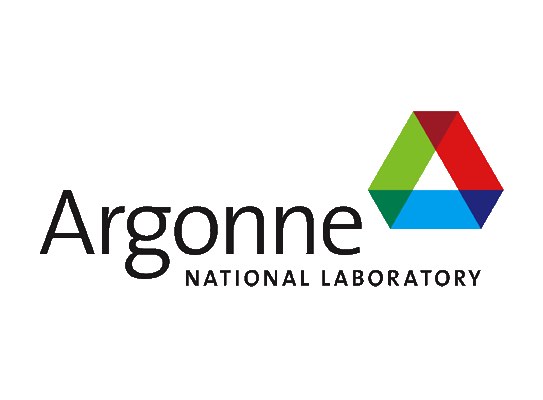 Argonne National Laboratory is a U.S. Department of Energy laboratory that is managed by the UChicago Argonne, LLC. As one of the premier High Performance Computing (HPC) centers in the world, Argonne has pioneered the use of massively parallel computing technologies to investigate fundamental science and applied science to solve some of the most complex challenges in the world.
Argonne National Laboratory is a U.S. Department of Energy laboratory that is managed by the UChicago Argonne, LLC. As one of the premier High Performance Computing (HPC) centers in the world, Argonne has pioneered the use of massively parallel computing technologies to investigate fundamental science and applied science to solve some of the most complex challenges in the world.
With the constant improvement of lower level computing technologies, creating a process to move critical science application between one generation of an HPC system to the next generation requires careful planning and technical knowledge of both systems. In order to have a smooth transition from one large system to another with minimal downtime, it is important to have a plan that enables scientists and developers to understand the new system, but without having access to all of the scalability and new technologies.
Argonne National Labs has created a process to assist in moving large applications to a new system. Their current HPC system, Mira will give way to the next generation system, Aurora, which is part of the collaboration of Oak Ridge, Argonne, and Livermore (CORAL) joint procurement. Since Aurora contains technology that was not available in Mira, the challenge is to give scientists and developers access to some of the new technology, well before the new system goes online. This allows for a more productive environment once the full scale new system is up.
ANL with close cooperation from its contractors, Intel and Cray, have created a new system, Theta, which will bridge the gap between Mira and Aurora. Theta will be based on Intel processors, both the Intel Xeon and the Intel Xeon Phi processor. Theta will use the Aries interconnect from Cray and will also have a 10 PB Lustre file system from Intel. While the overall specifications are small compared to the eventual Aurora system, this intermediate system will allow scientists to get familiar with and be able to optimize application for the Aurora system.
 A number of application areas are being targeted to use Theta in preparation for Aurora. This includes cancer research, material science, cosmology, and simulations for the Large Hadron Collider. Argonne will pursue the use of simulation, machine learning and data mining in a wide range of basic research.
A number of application areas are being targeted to use Theta in preparation for Aurora. This includes cancer research, material science, cosmology, and simulations for the Large Hadron Collider. Argonne will pursue the use of simulation, machine learning and data mining in a wide range of basic research.
Learn more about the Argonne National Labs Aurora and Theta systems.




